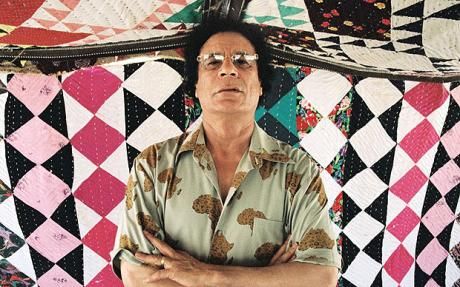Islamic Finance Expands as Wealth GrowsKHALEEJ TIMES: DUBAI - The market for Islamic finance and banking is growing rapidly in the Gulf thanks to burgeoning wealth and attractive financial instruments.
Studies have put the total value of Islamic equity funds in the Gulf region at around 30 billion dollars (19.5 billion euros), said Khaled al-Masri, partner in asset management at Dubai-based Rasmala Investments.
“Investable wealth in the Gulf Cooperation Council is growing by one of the highest rates in the world ... This increase is being met with more product providers and products being launched in the GCC market,” he said.
The Islamic finance industry worldwide is worth around 700 billion dollars, Moody’s Investors Services estimated in a February report.
Economies of the six GCC member states -- Bahrain, Kuwait, Oman, Qatar, Saudi Arabia and the United Arab Emirates -- have been enjoying remarkable growth over the past few years on the back of record oil prices.
The robust economic performance has inflated local wealth in this Muslim region where many might prefer to seek profit through investments that do not contradict their beliefs.
The basic principle of Islamic finance is the prohibition of Riba (usury), which is correlated with interest in today’s banking.
Islamic funds are also banned from investing in companies associated with tobacco, alcohol, pornography, pork or gambling, all considered taboo by devout Muslims.
Some 125 Islamic equity funds are based in the GCC out of around 320 globally, said Mark Smyth, UK-based managing director of Failaka Advisors, an Islamic fund research company.
“Increasing familiarity with Islamic products combined with the presence of longer and more established funds seems to be driving the current growth, combined with strong returns,” Smyth told AFP.
Islamic finance provides a “solution for investors and consumers who want to adhere to sharia-compliant principles in their investment and consumption decisions,” said Masri, referring to principles in line with Islamic law.
He also pointed out that the sukuk (Islamic bonds) have become appealing at the corporate and government levels as a tool to raise finance, which in turn increased the size of the sector.
A report by the US-based Morgan Stanley investment bank published by the local press in February put outstanding issued sukuk at more than 90 billion dollars worldwide.
Islamic finance expands as wealth grows >>>Mark Alexander (Paperback) Mark Alexander (Hardback)
Mark Alexander (Hardback)
